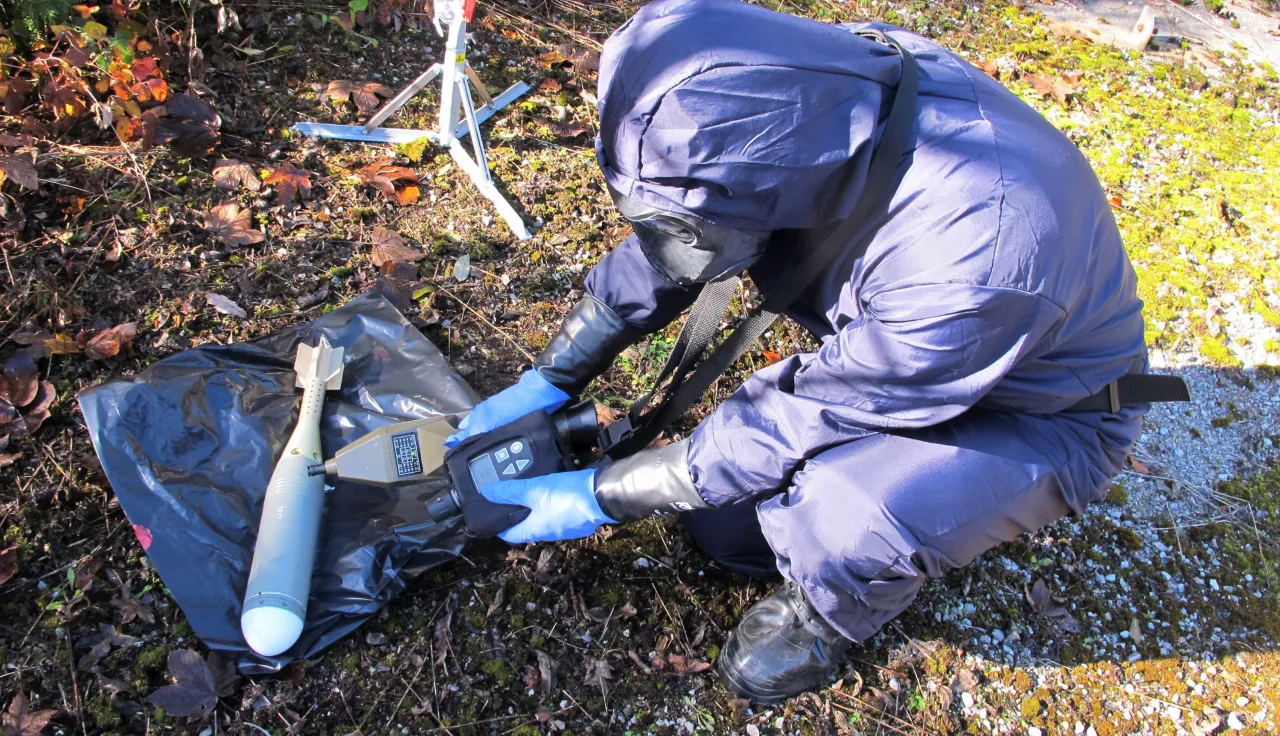ICRC position on the use of toxic chemicals as weapons for law enforcement

The International Committee of the Red Cross (ICRC) believes that the use of toxic chemicals as weapons for law enforcement purposes should be limited exclusively to riot control agents, which have long been accepted as legitimate means for law enforcement. Riot control agents are defined in the 1993 Chemical Weapons Convention as “[a]ny chemical not listed in a Schedule, which can produce rapidly in humans sensory irritation or disabling physical effects which disappear within a short time following termination of exposure”.
The development and use of other toxic chemicals as weapons – such as the highly potent anaesthetic and sedative drugs considered in recent years as so called "incapacitating chemical agents"– presents serious risks to life and health, risks undermining international law prohibiting chemical weapons, and risks creating a 'slippery slope' towards the reintroduction of chemical weapons into armed conflict. The ICRC believes that these risks far outweigh any perceived operational benefits. This view is informed by many years of analysis and expert discussion, including two international expert meetings held by the ICRC in 2010 and 2012.
From a legal perspective the ICRC wishes to recall that in armed conflict there is an absolute prohibition on the use of toxic chemicals as weapons under the 1925 Geneva Protocol, the Chemical Weapons Convention, and customary international humanitarian law. This includes a prohibition on the use of riot control agents as a method of warfare. The use of biological agents and toxins as weapons is absolutely prohibited by the Geneva Protocol, the 1972 Biological Weapons Convention and customary international humanitarian law.
Outside armed conflict, the Chemical Weapons Convention, the Biological Weapons Convention, international human rights law, and international drug control law form an overlapping legal framework regulating the use of toxic chemicals as weapons for law enforcement. It is the ICRC's current assessment that this legal framework leaves little room, if any, for the legitimate use of toxic chemicals as weapons for law enforcement other than the use of riot control agents, as defined in the Chemical Weapons Convention.
Based on its assessment of the law and the risks, the ICRC calls on all States to:
- Take a policy decision, if they have not already done so, to limit the use of toxic chemicals as weapons for law enforcement purposes exclusively to riot control agents, as defined in the Chemical Weapons Convention;
- Enact national legislation, if they have not already done so, that limits the use of toxic chemicals as weapons for law enforcement purposes to riot control agents only and that prohibits the research, development, production, stockpiling and use of any toxic chemical as a weapon for law enforcement that does not fit the definition of a riot control agent specified in the Chemical Weapons Convention;
- Enact a national moratorium, pending the establishment of this national legislation, on the research, development, production, stockpiling and use of any toxic chemical as a weapon for law enforcement that does not fit the definition of a riot control agent;
- Promote this national policy and legislative approach at the international level with the aim of affirming an international prohibition, including at meetings of States Parties to the Chemical Weapons Convention, the Biological Weapons Convention, and at international human rights and drug control fora.



